Word Count: 573
Average Read Time: 2 minutes
Tell me if this sounds familiar. You decide you want to lose weight. You throw away all junk food and replace it with “healthy food”. You lose a few pounds in the beginning, but then your weight loss grinds to a screeching halt. You aren’t losing any weight despite how amazing the quality of your diet is. Why is that? Let’s discuss why this doesn’t work and how to actually drop those pounds you’ve been so desperately trying to shed.
How Weight Loss Works
Before we can address why “cleaning up your diet” only sometimes leads to weight loss, we must first talk about how weight loss actually works. Think of a bank account. Your income adds to your account balance, while expenses take away from it. If you spend more than you make, your account balance goes down.
Weight loss works the same way. You consume Calories through food and drink. You burn Calories through working, exercising, and by just being alive and breathing. If you burn more Calories than you take in, you will lose weight.
Clean does not equal low Calorie.
Eating a healthy or “clean” diet is certainly a good thing. The guideline I give my clients is that a minimum of 80% of their intakes should come from whole or minimally processed food sources. In addition to the health benefits, foods that fall into this category tend to be lower in Calorie content than their more processed counterparts. That said, healthy foods aren’t always low in Calories.
Let’s look at the poster-boy of fat loss meals: chicken, rice, and broccoli. Four ounces of chicken, one cup of rice, and one cup of broccoli comes to a grand total of 941 Calories! Apply that to three meals per day and the average person is going to gain weight (and a pretty good bit of it). (Click to tweet this!)
Start losing weight today!
I do want to restate what I said in the previous section. Whole and minimally processed foods are usually lower in Calories. It is possible to lose weight by consciously eating less, focusing your diet around lean meats, fruits, veggies, nuts, seeds, whole grains, etc., and following some of the tips I’ve provided in previous posts, but just like you can’t know what’s in your bank account without tracking it, you can’t expect consistent results unless you’re tracking your intake.
You can get a pretty good estimate of how many Calories you need to consume based on your goals by using this calculator.
There’s one last thing I’d like to point out. I chose the phrase “weight loss” on purpose. Eating fewer Calories than you burn does guarantee weight loss, but it does not ensure fat loss. There are actually two other factors in fat loss that you can read about by clicking this link.
Takeaway
Weight loss = Calories consumed - Calories burned
Healthy foods aren’t always low in Calories.
Thank you so much for reading! If you found this information helpful and want to help the Treadaway Training blogcast grow, simply share this post with a friend. If you like what I have to say, sign up below to become a Treadaway Training insider and get notified for each blogcast and video. I will be back here Thursday with another fat loss topic. As always, God bless you AND your family and I'll see you Thursday.







